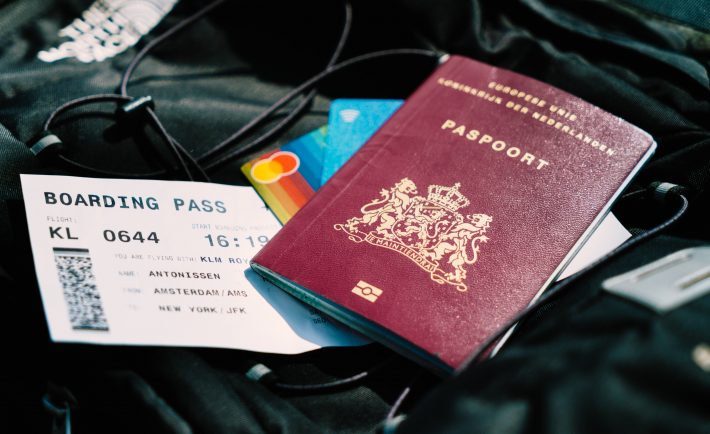Ever dreamt of starting anew in a picturesque locale that pays you to settle down? While these offers aren’t quick routes to wealth or guaranteed citizenship, they present enticing opportunities for those ready for a long-term commitment.
Here’s a curated list of destinations offering financial incentives to new residents, with all amounts converted to Singapore dollars (SGD) for clarity.
#1: SWITZERLAND
Where: Villages like Albinen
Incentives: Up to S$38,000 per adult and S$15,200 per child
Requirements: Applicants must be under 45, invest in a property worth at least S$340,000, and commit to residing there for a minimum of 10 years
Lifestyle Perks: Stunning mountain landscapes, high-quality public services, and a tranquil lifestyle
Albinen, a charming Swiss village, offers substantial financial incentives to attract younger residents and counteract depopulation. This initiative aims to rejuvenate the community by bringing in new families.
#2: GREECE
Where: Island of Antikythera
Incentives: Approximately S$720 per month for the first three years (totaling around S$25,920)
Requirements: Primarily aimed at young families willing to relocate permanently
Lifestyle Perks: Crystal-clear waters, rich history, and a close-knit community

Image Credits: unsplash.com
Antikythera seeks to revitalize its population by attracting young families, offering monthly stipends to support their resettlement.
#3: ITALY
Where: Regions like Calabria and Sardinia
Incentives: Up to S$51,000 for relocating and starting a business; Sardinia offers S$19,300 to new residents
Requirements: Applicants should be under 40, start a local business, and establish residency within 90 days
Lifestyle Perks: Rich cultural heritage, Mediterranean climate, and exquisite cuisine
Italy’s initiatives aim to rejuvenate small villages facing population decline by attracting young entrepreneurs and residents.
#4: JAPAN
Where: Various suburban towns
Incentives: Up to S$47,800 for relocating and restoring traditional houses
Requirements: Commitment to reside in designated areas and participate in community revitalization
Lifestyle Perks: Blend of traditional and modern living, scenic beauty, and cultural immersion
Japan’s Regional Revitalization Program encourages migration to suburban towns, offering financial support to those willing to restore traditional homes and invigorate local communities.
#5: CANADA
Where: Saskatchewan province
Incentives: Up to S$19,200 in tuition reimbursements for graduates
Requirements: Graduates must live and work in Saskatchewan for a specified period after completing their studies
Lifestyle Perks: Expansive natural landscapes, vibrant communities, and diverse cultural experiences
Canada offers tuition reimbursements to attract graduates to less populated provinces, aiming to bolster local economies and communities.
#6: SPAIN
Where: Ambroz Valley, Extremadura
Incentives: Approximately S$22,500 for remote workers willing to relocate for at least two years
Requirements: Commitment to live in the Ambroz Valley and work remotely
Lifestyle Perks: Scenic countryside, rich cultural heritage, and a tranquil environment
The “Live in Ambroz” program aims to attract digital nomads to counteract population decline and stimulate the local economy.
TOP CONSIDERATIONS
While these financial incentives are appealing, it’s crucial to conduct thorough research and consider factors such as language barriers, cultural differences, employment opportunities, and long-term sustainability. Relocating to a new country is a significant decision that requires careful planning and consideration.

Image Credits: unsplash.com
Disclaimer: The information provided is based on available data as of March 2025. Incentive programs and their requirements may change over time. Prospective applicants should consult official sources or contact relevant authorities for the most current information.




